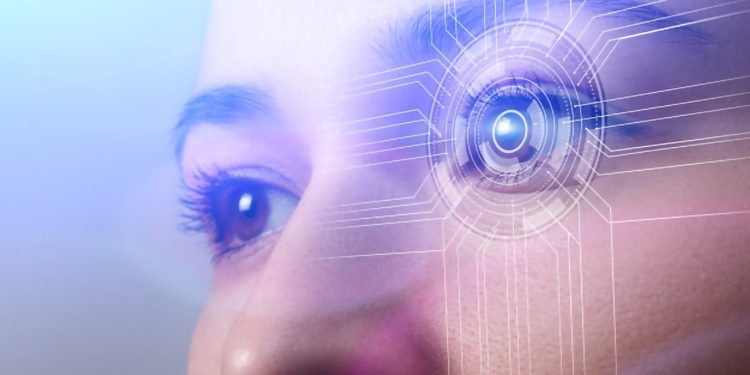Consumers have become increasingly skeptical about tech companies’ ability to protect biometric data.
A new survey from GetApp, which polled 1,000 consumers, revealed that the percentage of respondents who trust tech companies to keep biometric data safe dropped from 29% in 2022 to 5% in 2024.
A Shift in Trust
The surge in biometric usage during the pandemic, driven by desire for touchless payment alternatives, has been accompanied by a notable shift in consumer comfort levels. For example, only half of respondents now feel comfortable with fingerprint biometrics, down from 63% two years earlier. Similarly, the proportion of consumers comfortable with facial scans dropped by 11 percentage points since 2022, and those comfortable with voice scans decreased from 34% to 20% in that timeframe.
This growing unease is driven by various security concerns, including fears of data breaches, misuse of personal information, identity theft, and compromised privacy. What’s more, consumers harbor doubts about the accuracy of biometric technology. In fact, nearly two-thirds of respondents expressed skepticism about the reliability of biometrics, compared to 38% two year ago.
According to the study, this is likely because of “a recent surge in cases of facial recognition misidentification that have disproportionately impacted people of color and women. Though there is support for facial recognition in practical security applications, such as passport control and device log-in, 82% of consumers feel it should be avoided if found to be biased. Even in retail scenarios, consumer trust in using facial recognition has fallen to only 25%—a drop of nearly 50% from 2022.”
Overall, the decline in consumer trust highlights the need for transparency, accountability, and enhanced security measures to safeguard personal information. Once consumers feel their private information is safeguarded, they’ll be more inclined to increase the use of biometric payments.










